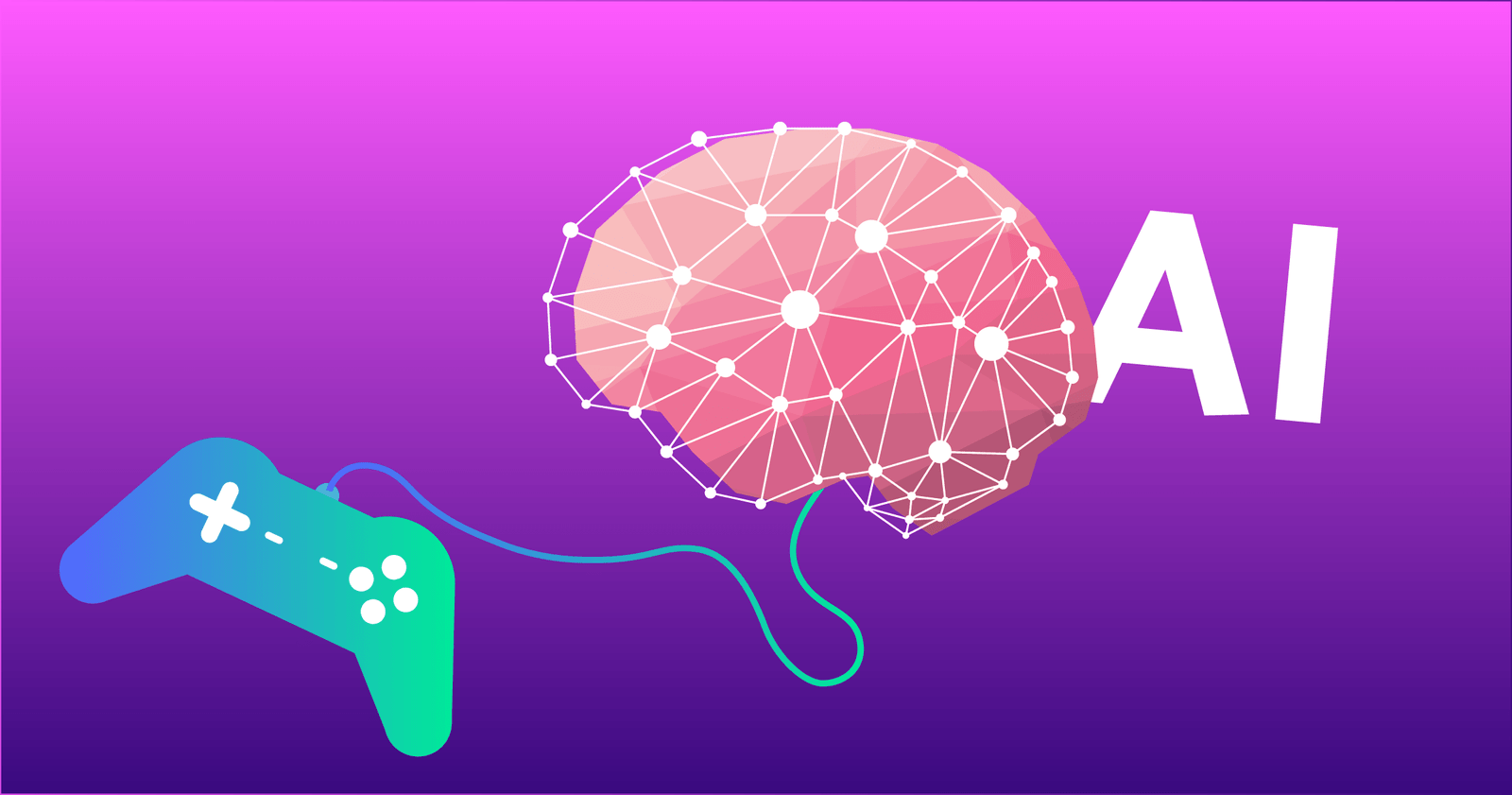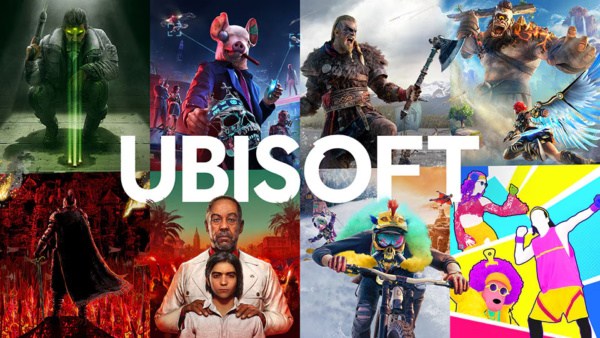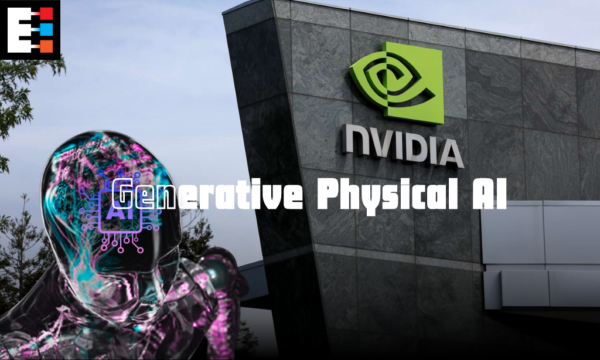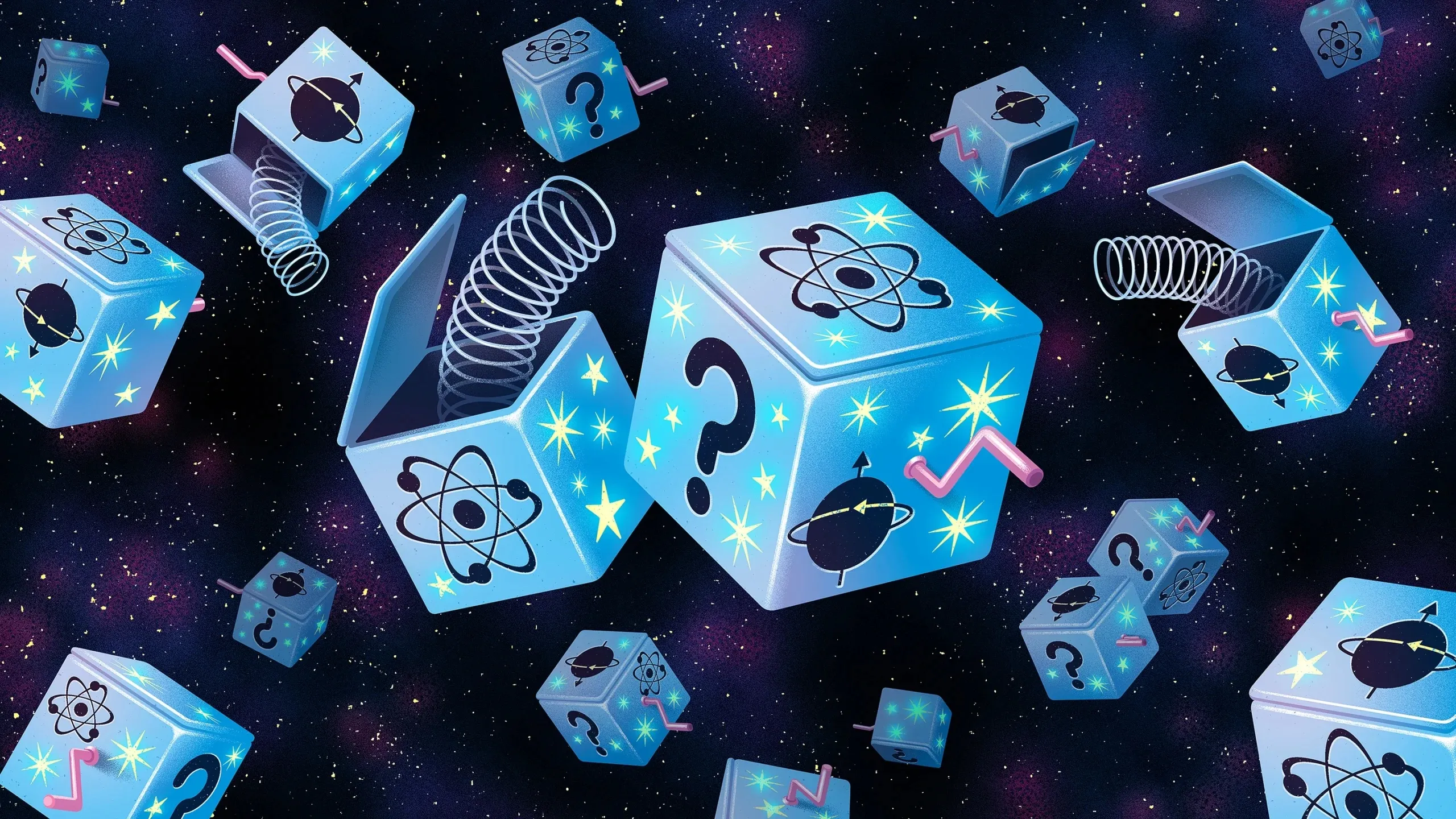Ai Is Already Replacing Jobs in The Gaming Industry

A recent investigation by Wired has exposed major gaming Giants like Activision Blizzard have started to use AI to make game assets and concept art. This shift has sparked ethical concerns and fears of job displacement among industry professionals.
Key Takeaways:
- Generative AI is already being used in the video game industry, leading to job losses and deskilling, particularly for 2D artists and writers.
- Major studios like Activision Blizzard are utilizing AI tools for concept art, marketing materials, and even in-game assets, despite ethical concerns raised by employees.
- The rise of AI has exacerbated existing industry issues like outsourcing and job insecurity, leading to calls for unionization and worker protections.
- The long-term impact of AI on the video game industry remains uncertain, with potential for both displacement and new opportunities.
The investigation, which drew on internal emails and interviews with game developers, artists, and designers, found that AI models like mid-journey are already being used to generate realistic concept art and game assets which are often indistinguishable from human-made work. AI is also reportedly being used to playtest games and identify bugs, potentially reducing the need for human testers. While some profit-hungry companies view AI as a tool to enhance productivity and cut costs, others are wary of its potential consequences.
Some developers have argued that human artists play a crucial role in injecting personality and originality into games. Another concern with using AI to generate assets is that AI trained on a dataset of predominantly white male characters might generate characters that reflect those demographics, excluding other groups. Many companies are not transparent about how they are using AI in their games, raising concerns about accountability and potential manipulation.
AI is already automating many tasks that were previously performed by humans, leading to job losses in some areas. This is particularly concerning for 2D artists, writers, and other developers whose roles are heavily reliant on repetitive tasks. The use of AI could lead to further outsourcing of game development jobs to countries with lower labor costs. This would have a significant impact on developers in developed countries.
The long-term impact of AI on the video game industry remains uncertain. While it may lead to job displacement in some areas, it could also create new opportunities in others. For example, AI could be used to create new types of games or to personalize game experiences for individual players.
However, the ethical implications and the need to balance innovation with worker rights are issues that the industry will need to grapple with in the coming years.
Read More:
Exploring Ultra-Light Dark Matter: A New Frontier in Cosmology
Screenbound: “A Game About Being Distracted, But Totally In Control”







